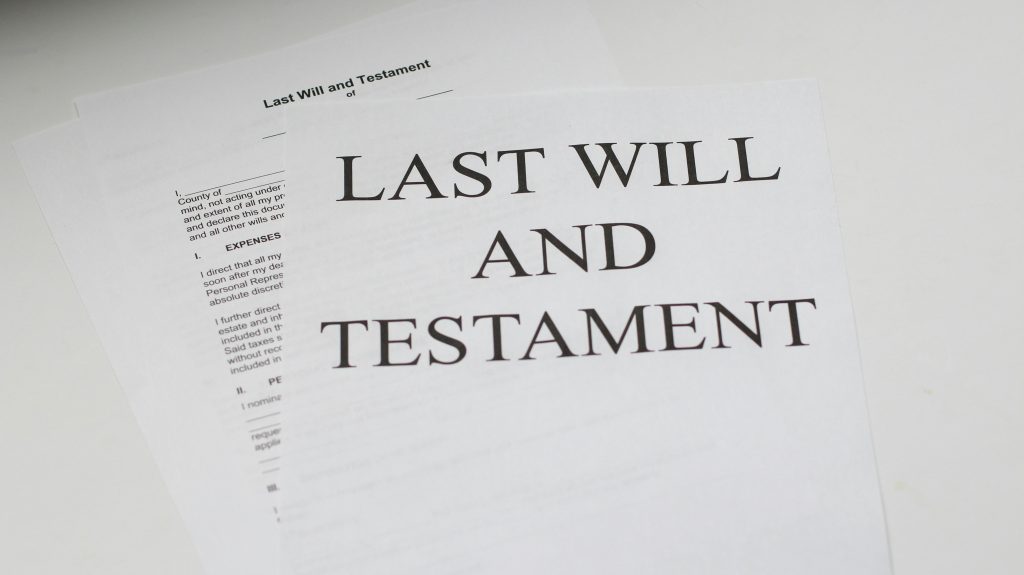Making a will not only ensures your assets will pass to those you wish to benefit but also simplifies the administration of your estate. However, recent research from the Money and Pensions Service shows that more than half of people in the UK aged 50-64, and 22 per cent of those aged 65 or over, do not have a will.
If someone dies without having made a will, their estate is distributed as set out in Section 46 of the Administration of Estates Act 1925. If the person who died was married or in a civil partnership, but had no children, the surviving spouse or civil partner will inherit the entire estate. If there are children, the surviving spouse will inherit the ‘personal chattels’ – the personal property and belongings of the deceased – and the first £322,000 of the estate. If the estate is valued at more than £322,000, the spouse will also inherit half of the remainder of the estate, with the other half being split between the children.
If the deceased has no surviving spouse, any children will inherit the estate. This includes adopted children but excludes any children of the deceased who were adopted by someone else before the deceased’s death.
If there are no children, the estate will pass to the first of the following relatives who survive the deceased:
- parents;
- siblings who share both parents with the deceased, or their issue;
- half-siblings, who have one parent in common with the deceased, or their issue;
- grandparents;
- aunts and uncles, or their issue;
- half-aunts and half-uncles, or their issue.
If there are no surviving relatives who can inherit, the estate will pass to the Crown.
If a couple own a property as beneficial joint tenants, the surviving partner will automatically inherit the deceased’s share of the property and it will not form part of the estate for intestacy purposes. Money in joint bank or building society accounts will also pass to the surviving partner.
When a person has made a will which does not deal with all of their estate, this is known as a partial intestacy. This can happen if, for example, a beneficiary under the will dies before the testator.
